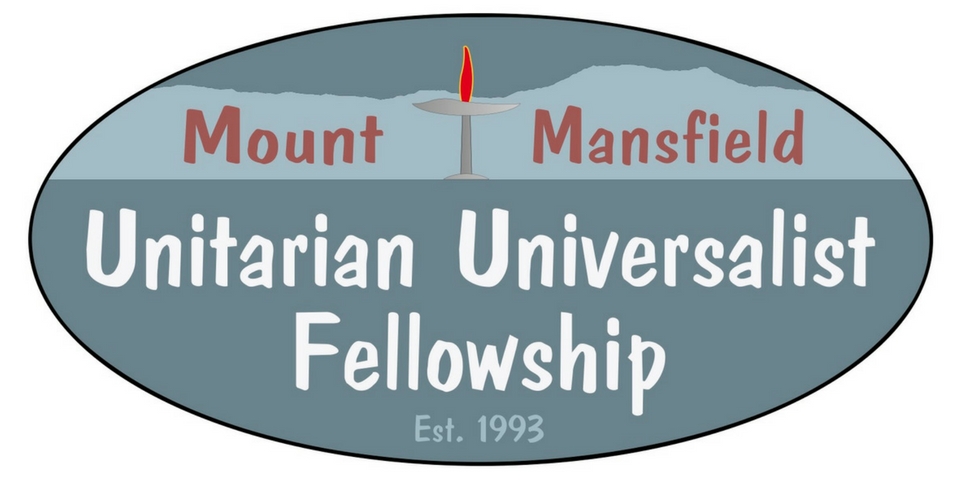Happiness expert Sonja Lyubomirsky has written that forgiveness is the most difficult happiness practice. Ginny has found in her happiness work that many people struggle with the concept – yet it is so important for our own well-being and happiness, and, again, can and must be applied to the much broader community to move toward peace. This sermon also addresses some of the myths of forgiveness.
Ginny Sassaman created the Happiness Paradigm Store and Experience, and co-founded Gross National Happiness USA. Just this past September, Ginny stepped down from her position as president. Ginny has a masters in mediation and conflict studies; she now works as both a mediator and a meditation teacher, and as a happiness writer and advocate. She is a member of the Unitarian Church of Montpelier, where she led her first service in 2013. Since then, Ginny has led services in local UU churches as well as churches in South Carolina, Wisconsin, and Massachusetts. In two weeks, she will be a presenter at a GNH conference for international business leaders in Costa Rica. She is always grateful to share the wisdom of happiness with UU congregations and other receptive audiences.
